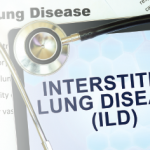“Congratulations! You have matched!” With Match Day in the rearview mirror and residency nearing an end, incoming fellows prepare for the next road trip on their journey to becoming a rheumatologist. Residency molds new graduates into competent physicians by providing an overview of general medicine and teaching them the clinical and professional skills necessary to…







